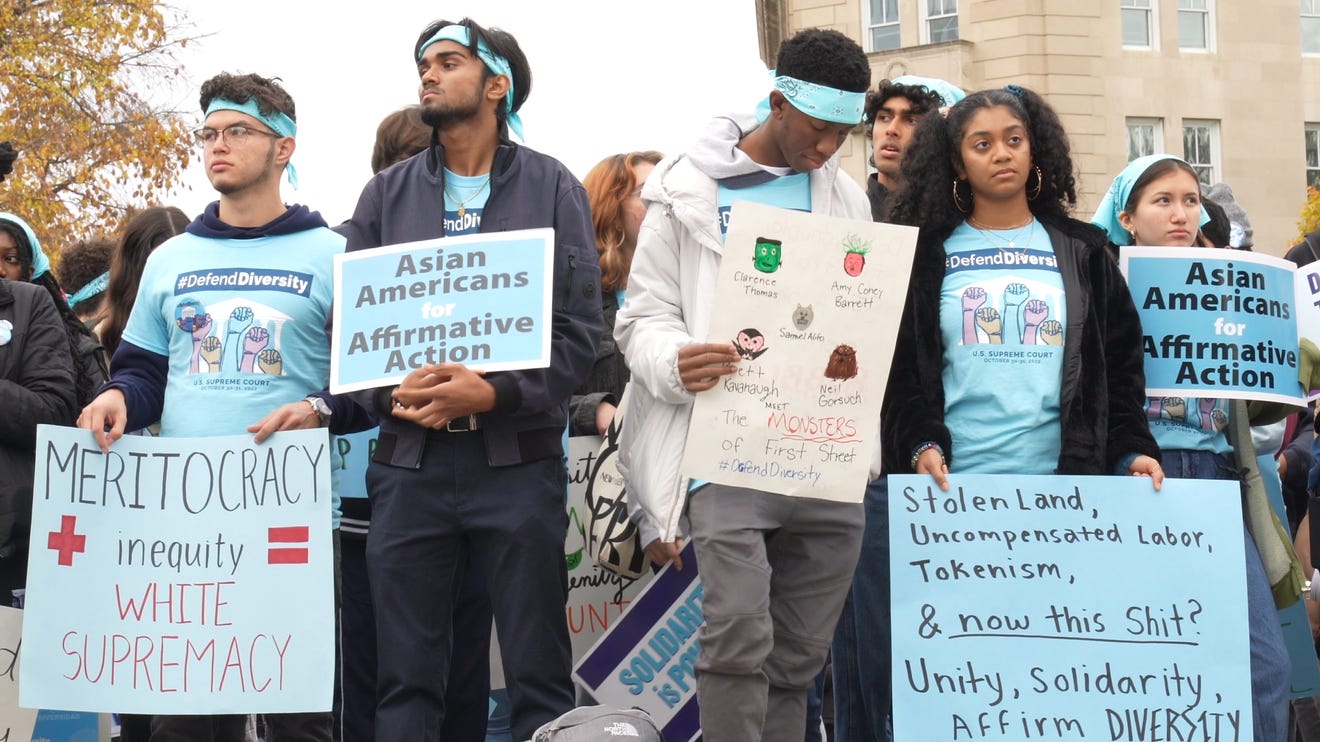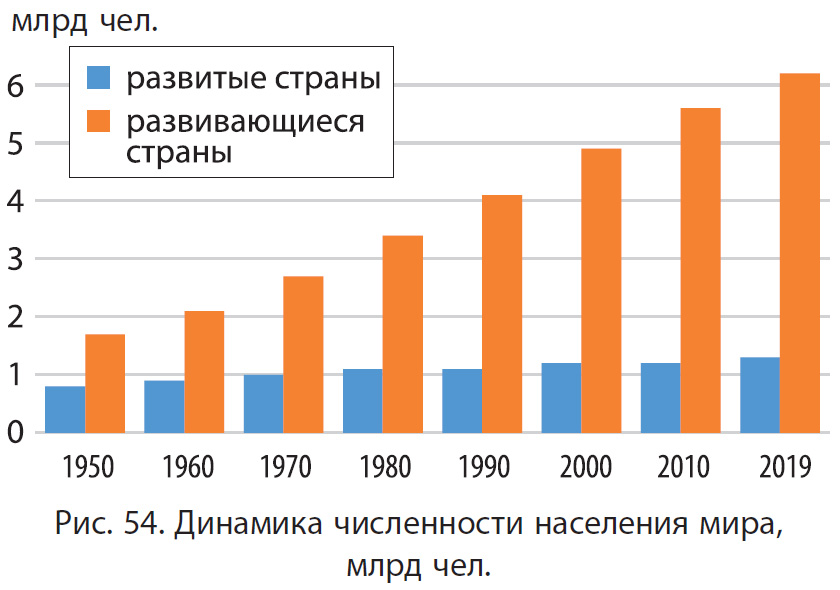Black Americans' Reaction To Trump's Student Loan Executive Order

Table of Contents
Disproportionate Impact of Student Debt on Black Americans
Black Americans face a disproportionately higher burden of student loan debt compared to their white counterparts. This disparity is deeply rooted in historical and ongoing systemic inequalities that have limited access to higher education and financial resources for generations.
Historical Context of Systemic Inequality
The historical context of systemic racism in the United States significantly contributes to the current student loan debt crisis within the Black community. Generational wealth gaps, stemming from centuries of oppression and discrimination, leave many Black families with fewer resources to support their children's education.
- Generational wealth gap: The cumulative effect of redlining, discriminatory lending practices, and limited access to homeownership has resulted in a significant wealth gap between Black and white families. This directly impacts the ability of Black families to contribute to their children's college expenses.
- Disparities in quality of K-12 education: Segregated schools and underfunded schools in predominantly Black communities often lack the resources and support necessary to prepare students for college, increasing the likelihood of needing extensive remedial education in college, extending the time to graduation and increasing debt.
- Limited access to scholarships and grants: Black students often face fewer opportunities to secure scholarships and grants, leaving them more reliant on student loans to finance their education.
Studies consistently reveal a stark difference in student loan debt burdens. For example, the average Black borrower owes significantly more than the average white borrower, even when controlling for factors like degree type and educational attainment. This disparity underscores the need for targeted solutions that address the historical and ongoing systemic inequalities impacting Black students.
The Burden of Student Loan Debt and its Economic Consequences
The high levels of student loan debt faced by Black Americans have significant economic consequences, hindering their ability to achieve financial stability and build wealth.
- Difficulty securing mortgages: High student loan debt can significantly lower credit scores, making it more challenging to secure a mortgage and achieve homeownership, a cornerstone of wealth building in America.
- Limitations on entrepreneurship: The financial strain of student loan repayments can limit the resources available for starting and growing businesses, hindering economic mobility within the Black community.
- Reduced savings potential: The significant portion of income allocated to student loan repayments leaves little room for saving and investing, further exacerbating the wealth gap.
Reactions to Trump's Student Loan Executive Orders
The reaction of Black Americans to Trump's student loan executive orders was mixed, reflecting the diverse perspectives within the community. While some expressed cautious optimism, many others remained skeptical or openly critical.
Initial Responses and Diverse Perspectives
Initial responses ranged from guarded hope to outright distrust. Some saw the executive orders as a potential step towards addressing the overwhelming student loan debt, while others questioned their efficacy and potential to genuinely help Black borrowers.
- Quotes from prominent Black leaders, activists, and community members expressing their viewpoints: Analyzing statements from prominent figures provides insight into the nuanced perspectives on the executive orders' potential impact. Some lauded the intention, others highlighted the need for more comprehensive solutions.
- The role of social media and news outlets in shaping public opinion: Social media platforms and news outlets played a significant role in disseminating information and shaping public discourse around the executive orders, both amplifying support and criticism.
Concerns Regarding Eligibility and Implementation
Significant concerns were raised regarding the eligibility criteria and the practical implementation of the executive orders. Many feared that the criteria would exclude a large segment of Black borrowers, failing to address the systemic inequalities that contributed to their debt burdens.
- Specific criteria that might exclude Black borrowers: Certain eligibility requirements might disproportionately affect Black borrowers due to factors such as the types of loans held or the institutions attended.
- Potential bureaucratic hurdles: The complexities of the application process and potential bureaucratic delays were major sources of apprehension.
- Lack of transparency: Concerns arose about the lack of transparency surrounding the criteria and the decision-making process, further fueling skepticism.
The Political and Social Implications
Trump's student loan executive orders had significant political and social implications, impacting the Black vote and the relationship between Black Americans and the Republican party.
Political Polarization and the Black Vote
The executive orders became another point of contention in the already polarized political landscape. The impact on the Black vote varied, with some viewing the actions favorably while many others felt they did little to address the systemic issues contributing to the racial disparity in student debt.
- Analysis of voting patterns: Analyzing voting patterns in relation to these policies can provide insights into the impact on political engagement.
- Impact on future political engagement: The effectiveness and perceived fairness of the executive orders likely influenced future political engagement and party affiliation among Black voters.
Long-Term Effects on Higher Education Access and Equity
The long-term effects of these policies on access to higher education and racial equity in the education system remain uncertain. While some argue the orders could have a positive impact, others remain unconvinced that they sufficiently address the underlying systemic issues.
- Potential impact on college enrollment rates: The policies' effect on college enrollment rates among Black students remains a critical factor to be analyzed.
- Effects on future generations: The long-term consequences for future generations of Black students are a crucial area of concern.
Conclusion
The reaction of Black Americans to Trump's student loan executive orders reveals a complex and nuanced perspective, reflecting the disproportionate impact of student debt on this community and the intricate web of historical and systemic inequalities. The diverse responses, ranging from cautious optimism to deep skepticism, highlight the need for comprehensive solutions that address the underlying systemic issues. The concerns regarding eligibility, implementation, and long-term effects underscore the importance of continued dialogue, advocacy, and the development of equitable policies that truly promote justice and opportunity for Black Americans.
Call to Action: We must continue the crucial conversation surrounding the disproportionate impact of student loan debt on Black Americans and advocate for comprehensive student loan forgiveness initiatives and policies that promote true equity and justice in higher education. Let's work together to create a system where access to higher education is not limited by race or economic background, ensuring a brighter future for Black Americans and student loan relief for all those burdened by insurmountable debt. Support organizations dedicated to advocating for Black Americans and student loan relief, and demand policies that prioritize equitable access to higher education and fair repayment options for all.

Featured Posts
-
 Angelo Stiller A Transfer Battle Between Arsenal And Barcelona
May 17, 2025
Angelo Stiller A Transfer Battle Between Arsenal And Barcelona
May 17, 2025 -
 Novak Djokovic Miami Acik Final Macinda
May 17, 2025
Novak Djokovic Miami Acik Final Macinda
May 17, 2025 -
 Rynok Truda Dubaya Vozmozhnosti I Vyzovy Dlya Rossiyan V 2025
May 17, 2025
Rynok Truda Dubaya Vozmozhnosti I Vyzovy Dlya Rossiyan V 2025
May 17, 2025 -
 Investing In The Future Local Students Awarded Stem Scholarships
May 17, 2025
Investing In The Future Local Students Awarded Stem Scholarships
May 17, 2025 -
 The Knicks Resurgence Analyzing Thibodeaus Improved Coaching Strategies
May 17, 2025
The Knicks Resurgence Analyzing Thibodeaus Improved Coaching Strategies
May 17, 2025
